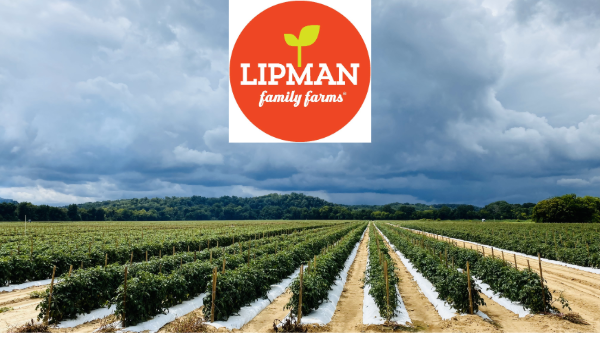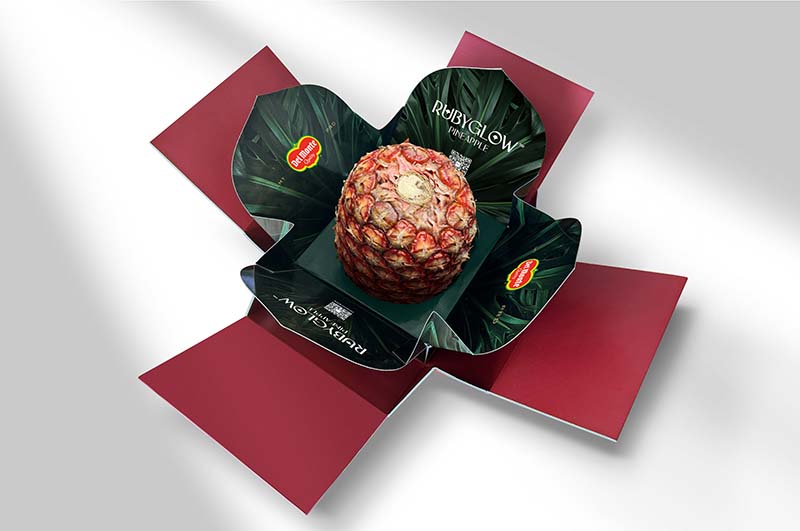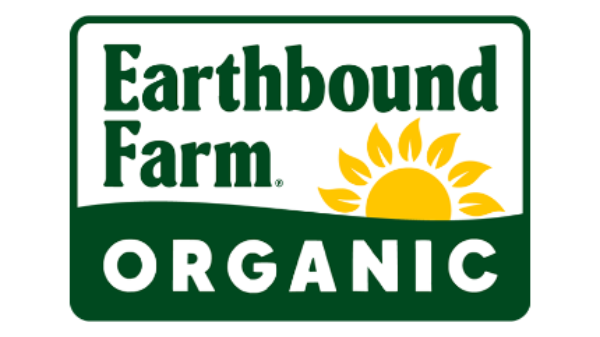Welcome to Blue Book!
Are you ready to join the thousands of companies who rely on Blue Book to drive smarter decisions? View our plans and get started today!
Still have questions? We’d love to show you what Blue Book can do for you. Drop us a line– we’ve been waiting for you.

Produce businesses also reap benefits from the city’s highly diverse population. “We definitely have a diverse population in the greater Detroit area,” says Dominic Riggio, president of Riggio Distribution Company on the Detroit Produce Terminal. With such diversity comes a remarkable mix of cultures and cuisines, along with a wide range of exotic fruits and vegetables.
Riggio says some suppliers are genuinely shocked to see how many specialty and ethnic produce items they can sell on the market. As with any type of produce, Riggio says quality is key when it comes to these specialty items. “Even though the diverse ethnicities want ‘nonstaple’ items, they still want the best products at the best price,” he explains. “We import from around the globe to fulfill this demand.”
This willingness to seek produce from near and far appeals to many businesses in and around Detroit including specialty retailers and restaurants. Just ask Fabrizio Casini, director of produce and floral operations at Hiller’s Markets, which was founded in 1941 and grew into a small chain of supermarkets with locations in Ann Arbor, Northville, Bloomfield, and other Michigan suburbs.
Hiller’s is known for tracking down and providing rare and exotic fruits, vegetables, and herbs for its loyal customer base. Casini says his shoppers are a discerning group, interested in trying many rare, hard-to-find specialty items, what he characterizes as “a huge advantage” in selling such a broad range of produce. He’s one of the early birds at the Detroit Produce Terminal, to ensure fresh items make it onto the retailer’s shelves by 5:00 am each day.
Budding Trends
As the modern day consumer’s cooking and eating habits continue to evolve, Detroit produce businesses have noticed the emergence of a few interesting buying trends. First of all, demand for organics continues to grow, slowly but surely. “Organic produce has been a slow-grower,” points out Russo, who says Rocky Produce offers organic items including apples, berries, and occasionally grapes. “It’s a small percentage, but it’s growing,” he adds.
According to Riggio, organics represent about 5 to 10 percent of his company’s sales. “Organic seems to have plateaued,” he says. “It’s not decreasing or increasing; it seems to be taking the same growth rate as conventional product.”
On the other hand, greenhouse commodities are exploding in popularity across the Detroit terminal. “The greenhouse trend has definitely grown because of the consistent quality and the shelf life you see on these products,” Russo says.
Stone says Ben B. Schwartz is offering more greenhouse products than ever including tomatoes, peppers, and cucumbers as well as some innovative new items. “Many local greenhouses are popping up and growing
hydroponic lettuce and specialty herbs,” he says. “Those are fun, beautiful, delicious, and local—and they can grow year-round.”
Riggio Distribution Company offers a hydroponic basil that’s been a huge hit. “We’re constantly looking for new niche items,” says Riggio.








